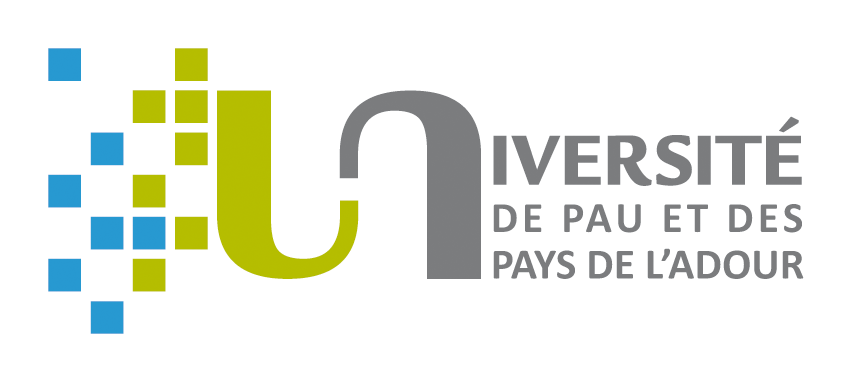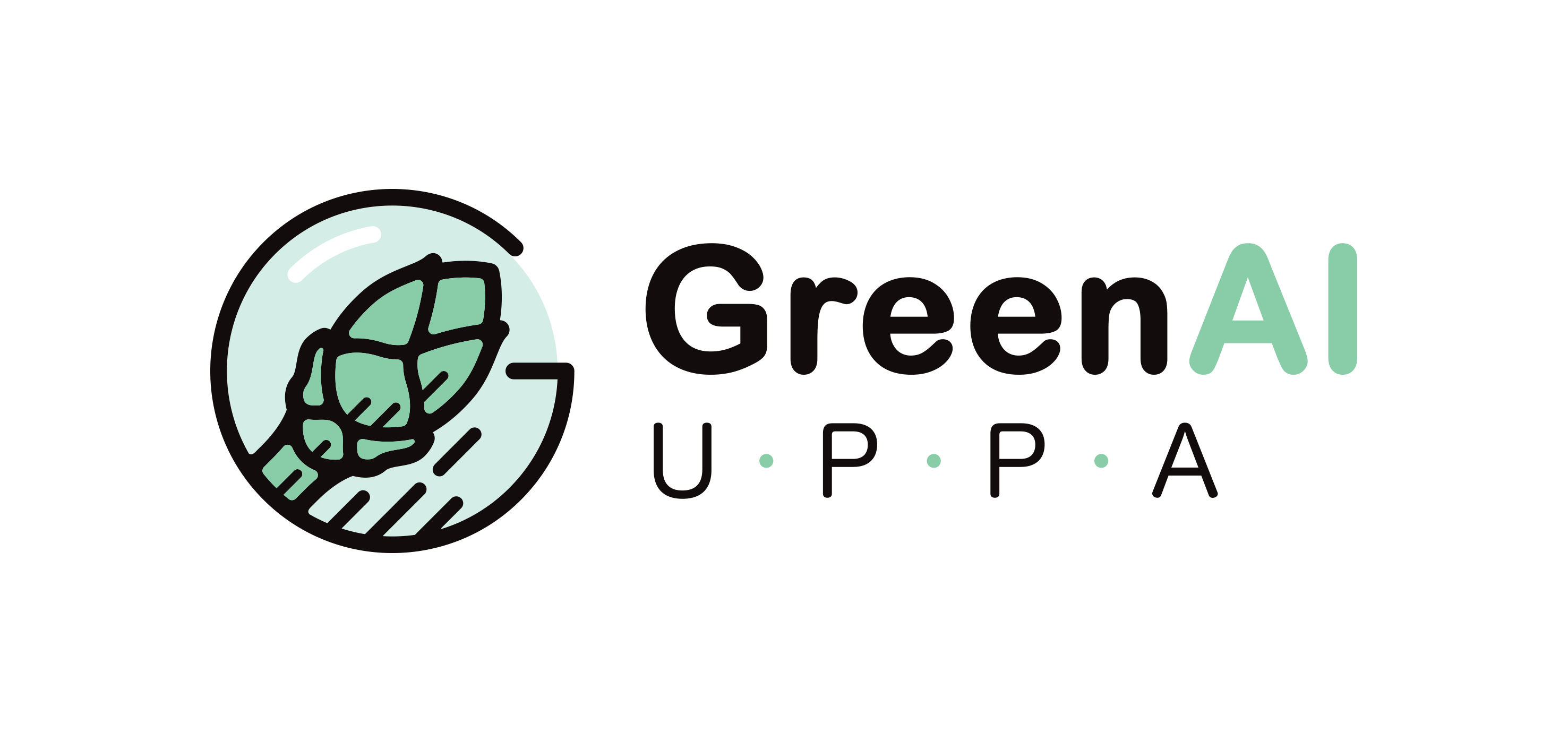Upcoming seminars and events
-
Thursday 6th November 2025 (French event): L’IA frugale dans ses différentes dimensions avec la conférence Verdinum, à Cy-Tech Pau.
-
Wednesday 3rd December 2025 (French event): La collaboration cognitive entre la machine et l’humain. Conférence de vulgarisation par Rachid Alami. Théâtre Saint Louis. Pau
-
Friday 5th December 2025 (French event): Journée IAPau “IA et robots” ateliers le matin et retour d’expérience industriels l’après-midi.

